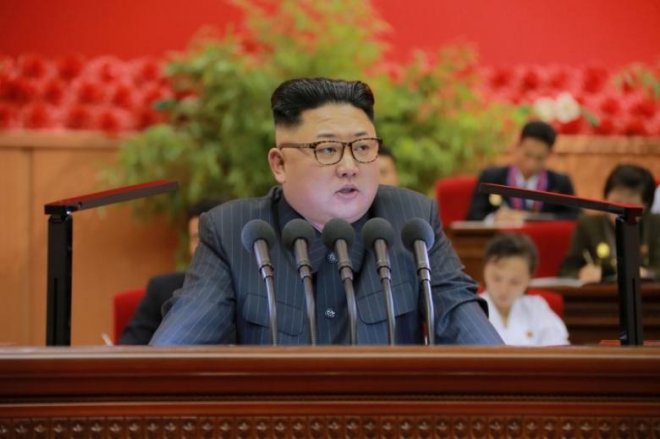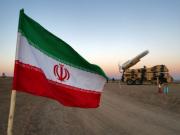
Japan, the United States and South Korea have agreed to step up pressure on North Korea to make the reclusive regime abandon its nuclear and missile programmes.
While sticking to their goal of persuading the communist state to dispense with its nuclear weapons, the countries have decided to tighten the noose on Pyongyang. The decision was taken just two days after James Clapper, Director of US National Intelligence, publicly called the goal a "lost cause".
On 9 September, North Korea conducted its fifth and most powerful nuclear test, setting off a blast that was more powerful than the bomb dropped on Hiroshima, and said it had mastered the ability to mount a warhead on a ballistic missile.
According to the New York Times, the deputy foreign ministers, during their meeting in Tokyo, made clear that North Korea, which poses a new level of threat, requires tougher sanctions and tighter pressure from other countries.
During a meeting with his Japanese counterpart, US Deputy Secretary of State Antony Blinken said their policy has not changed. "We will not accept North Korea as nuclear state, we will not accept North Korea's possession of nuclear weapons, period," Blinken said.
"We are focused on increasing the pressure on North Korea with one purpose: to bring it back to the table to negotiate in good faith. Denuclearization. That is the objective, " he added, according to the news site.
"We are focused on increasing the pressure on North Korea with one purpose: to bring it back to the table to negotiate in good faith. Denuclearization. That is the objective."
On one hand, Japan agreed with US proposition saying that North Korea's recent tests show that the country's missile and nuclear capability had entered a new level of threat.
Additional measures
South Korea too said it plans to restart talks with Japan for signing a General Security of Military Information Agreement (GSOMIA). This is a pact that would share sensitive information on North Korea's missile and nuclear activities between the two countries and help them to cope up with threats from North Korea better.
"We reaffirmed the necessity to increase pressure against North Korea to have it give up its nuclear and missile development and realise the denuclearization of the peninsula," said Japanese Vice Foreign Minister Shinsuke Sugiyama, as reported by Reuters.
The three nations, apart from the sanctions that are already in place, are mulling additional measures including fresh sanctions pending at the United Nations.
In 2012, both Japan and South Korea were close to signing the GSOMIA pact, but Seoul backed off following political outcry back at home. Moreover, many South Koreans have grudge against Japan for its brutal occupation of the Korean Peninsula during World War II and are sceptical about the country's military role in the region.
Getting North Korea to give up its nuclear weapons programme has long been a pressing problem for several countries, especially its direct neighbours.
On 16 September, South Korea asked Indonesia to help the country persuade North Korea to stop its nuclear programme. The East Asian Nation also sought a UN resolution mechanism to stop North Korea from carrying out powerful nuclear tests.









